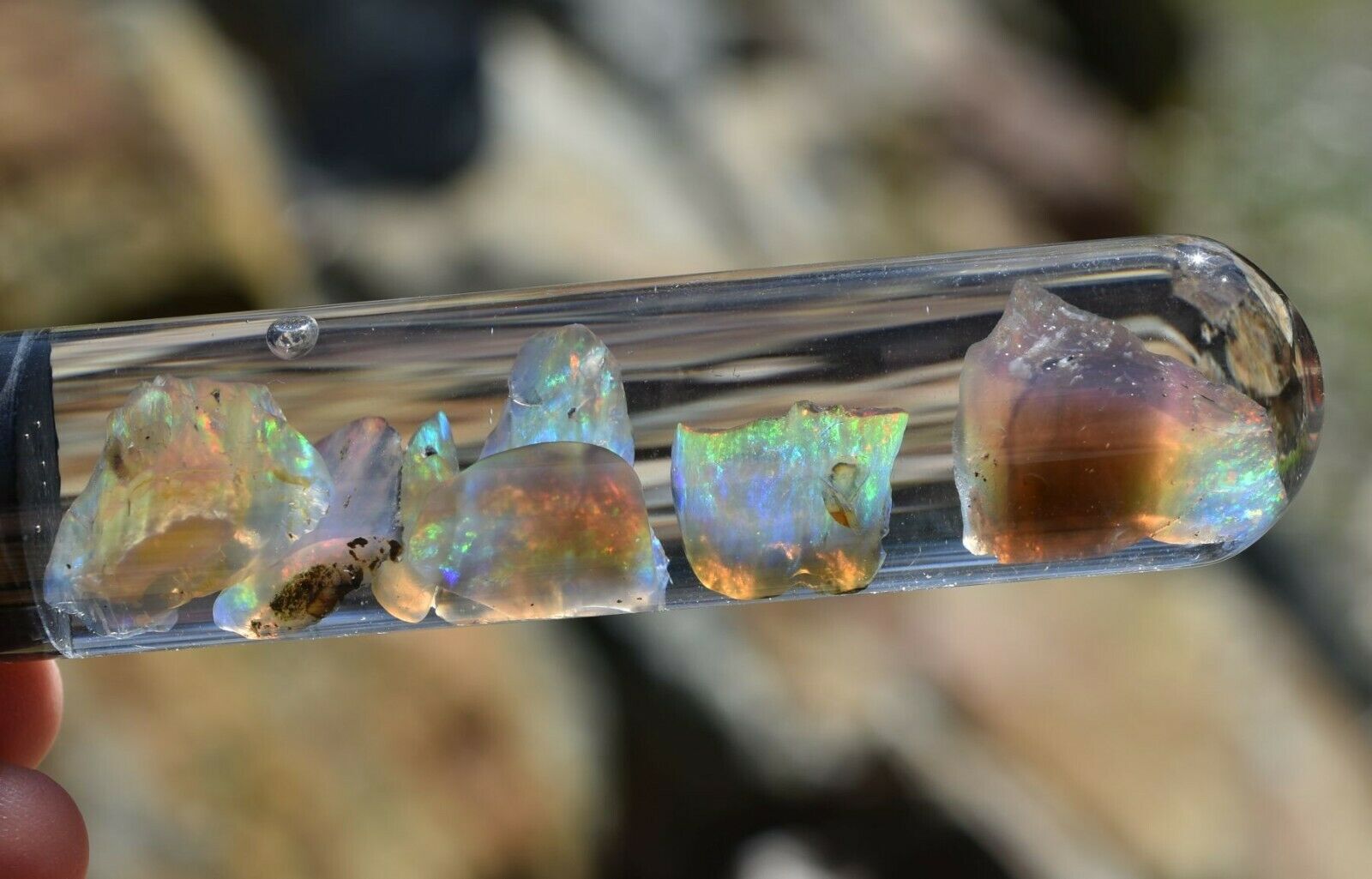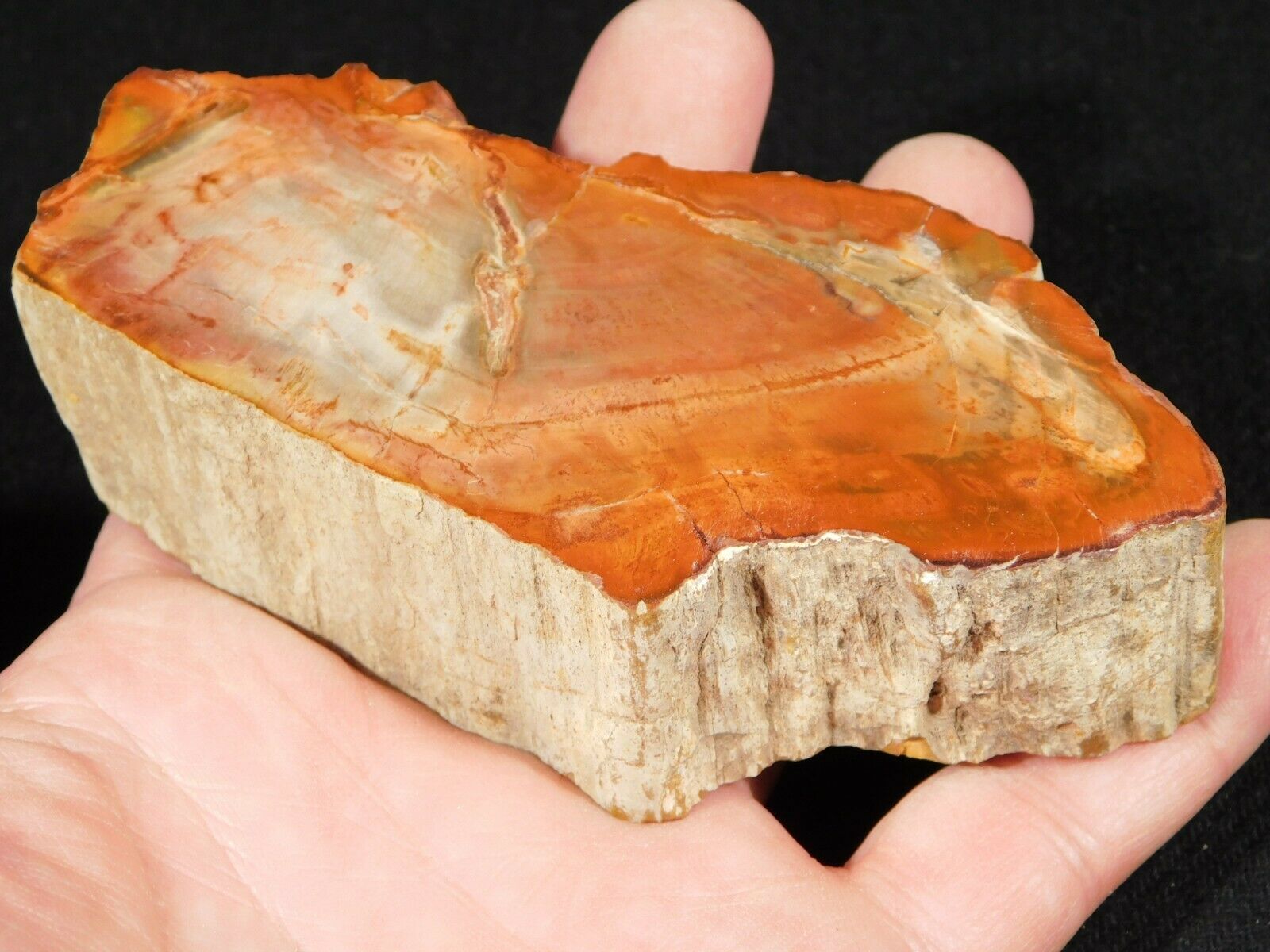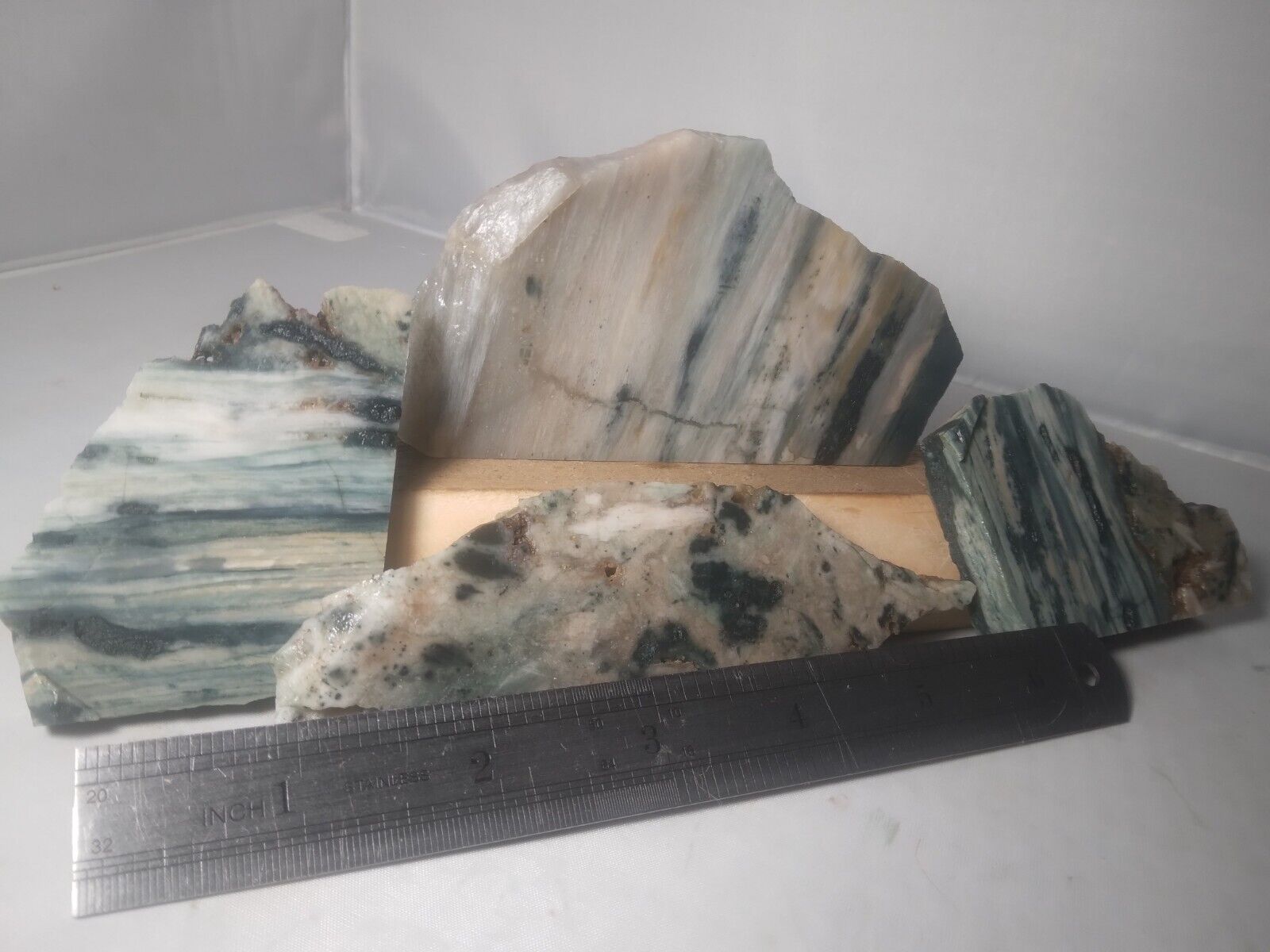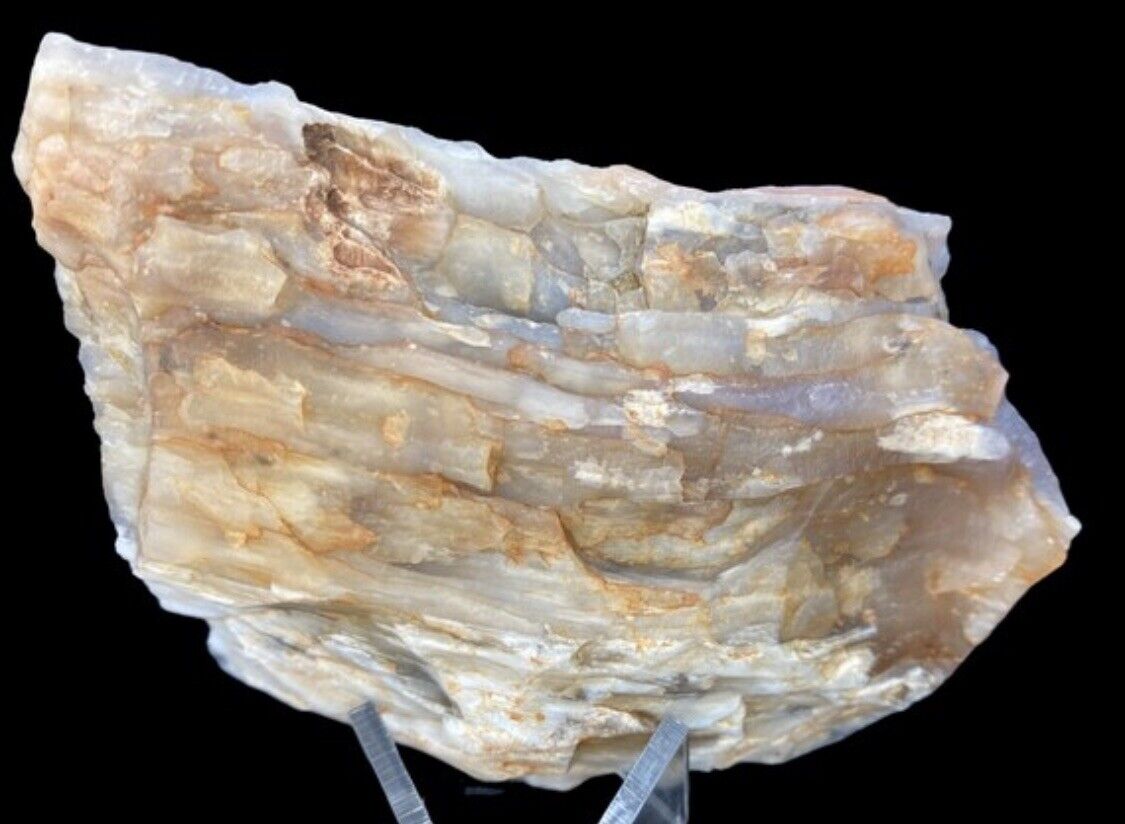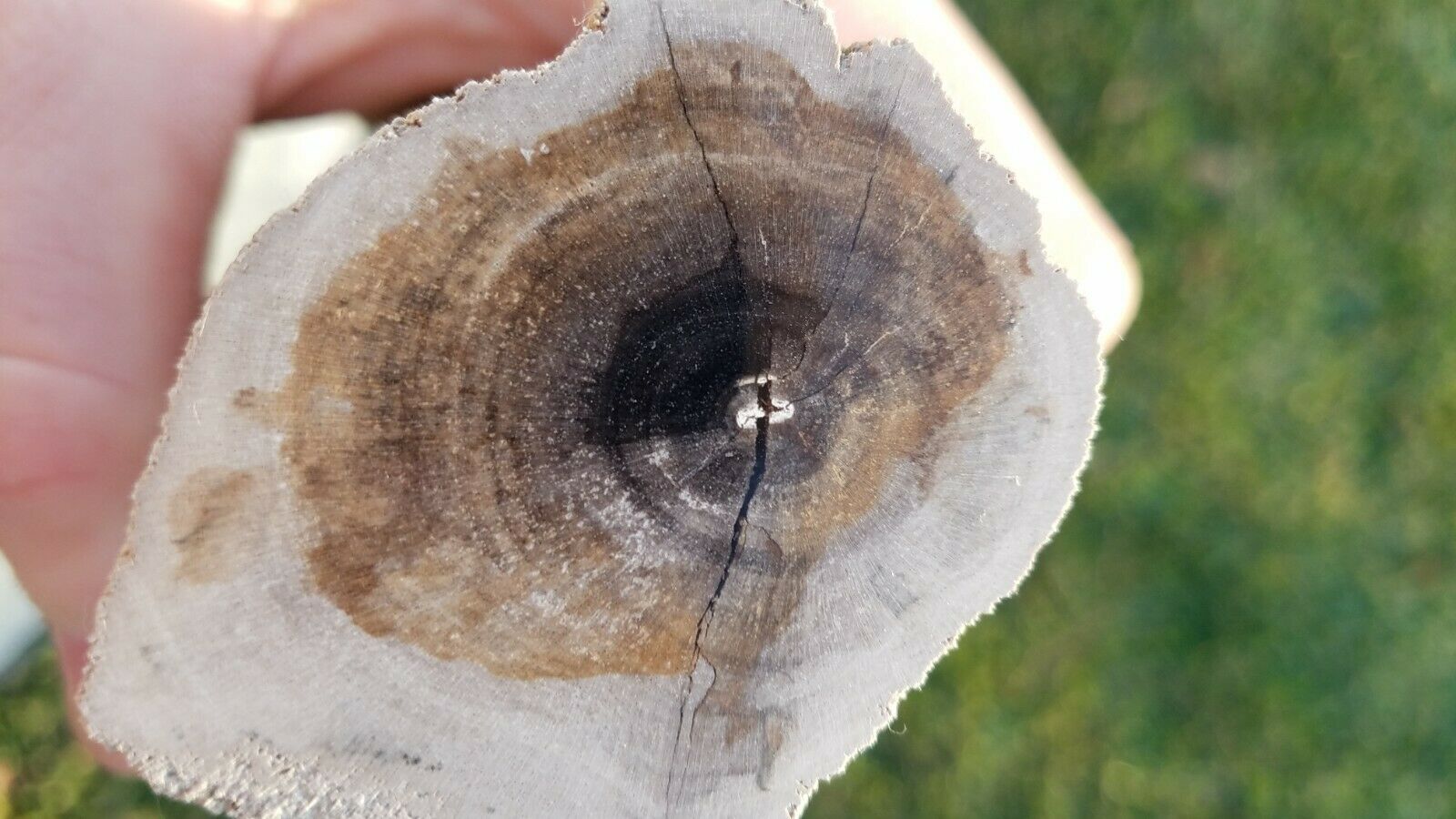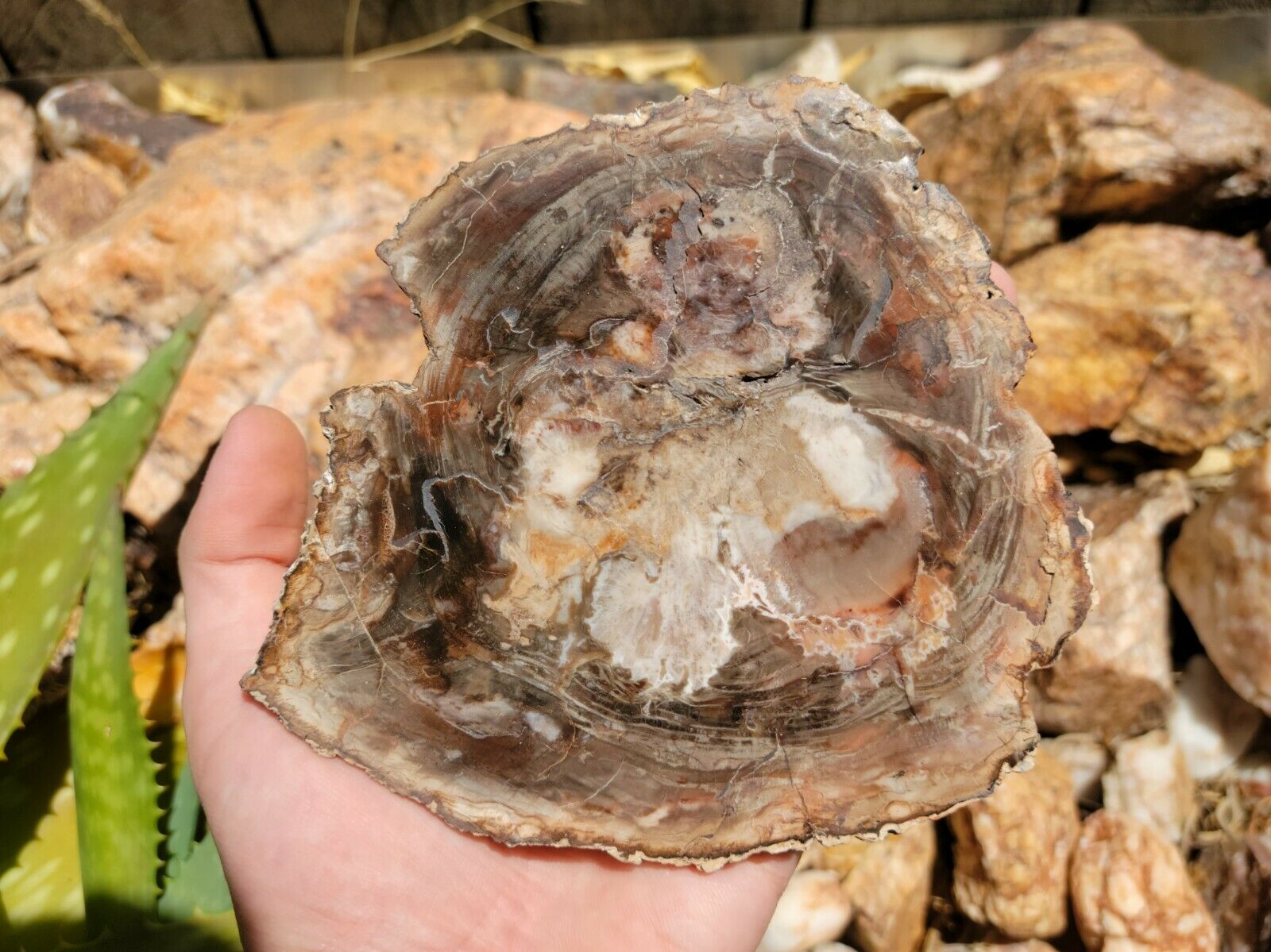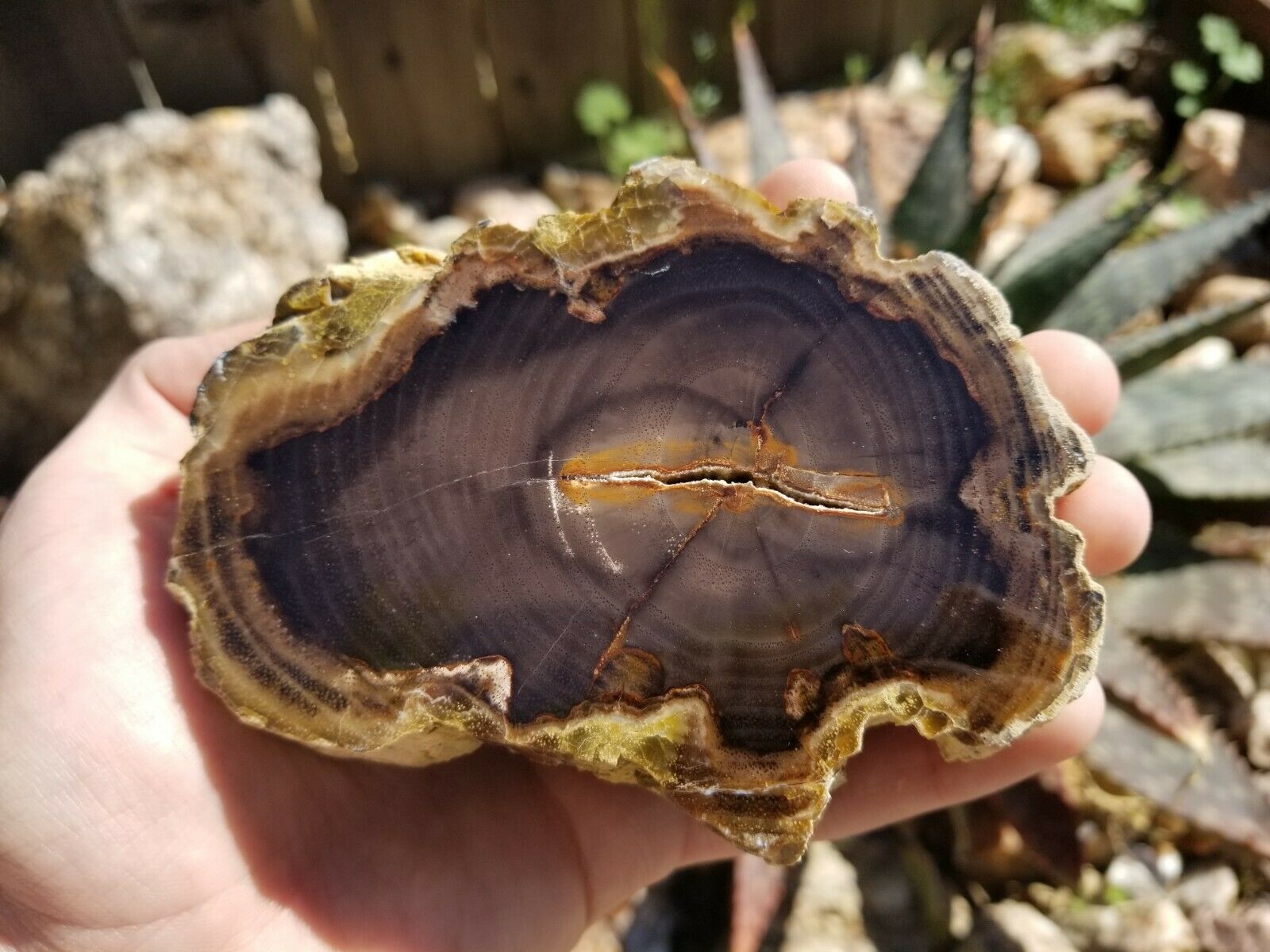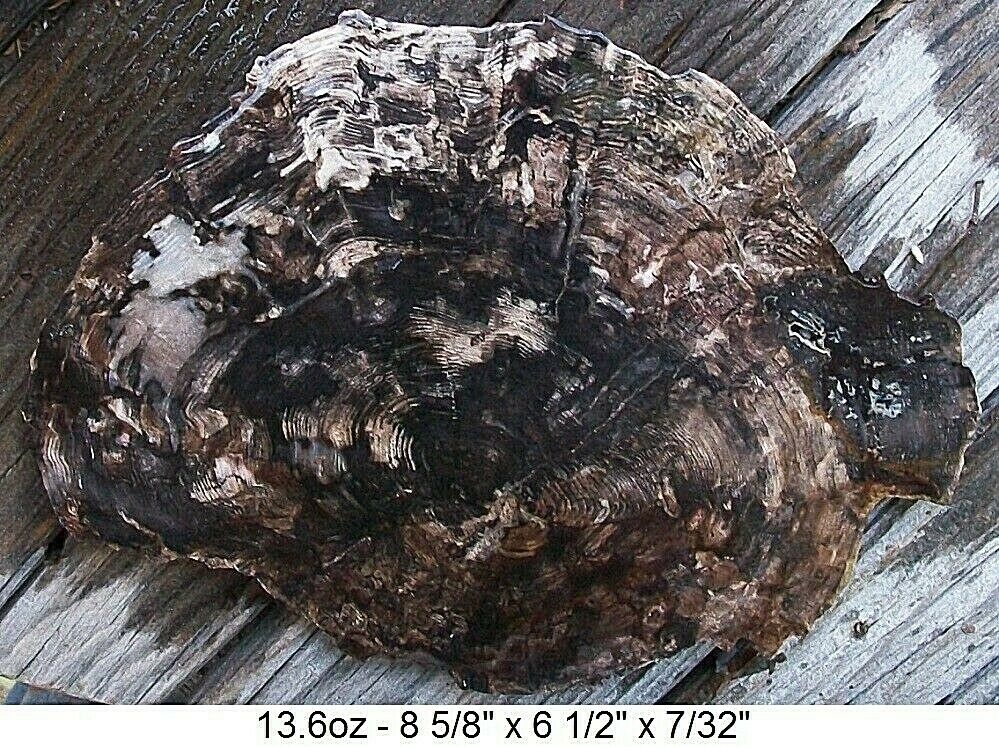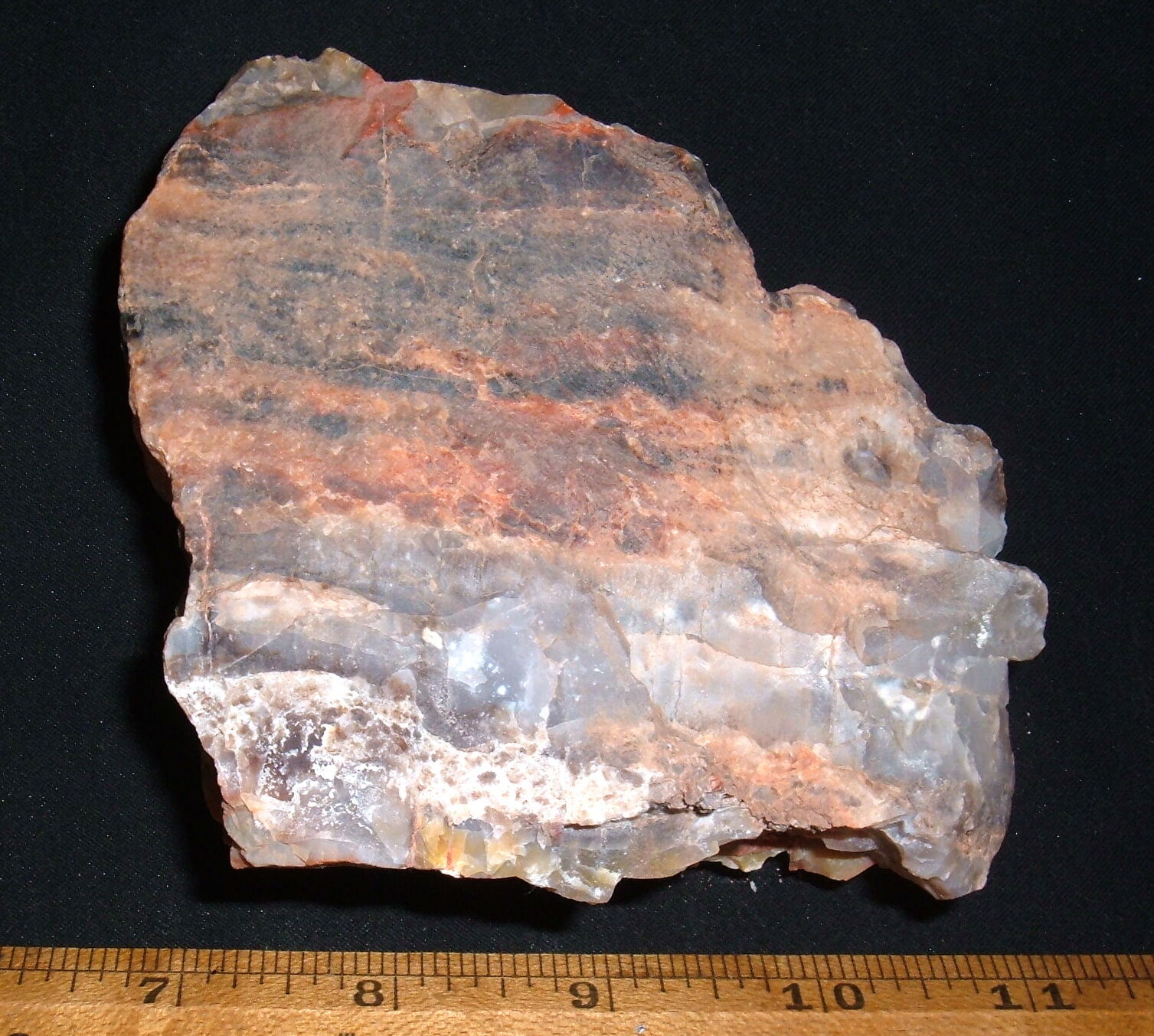-40%
Virgin Valley Black Fire Opals Nevada Opals Replaced Wood Display Dome 40 Carats
$ 158.4
- Description
- Size Guide
Description
This is a set of seven Virgin Valley wet black opal replaced wood specimens also known as opalized wood or opal wood which was hand mined in Humboldt County, Virgin Valley, Nevada and comes incased in one glass dome 'roller' display. These opals out of the dome roller weigh a combined weight of 40.5 carats. The largest opal measures 0.74 inches long by 0.46 inches wide and the smallest opal measures 0.50 inches long by 0.32 inches wide. These opal specimens exhibit direct fire and contraluz fire and one has a white phantom. A quick explanation of the types of colors seen in opals. Contraluz meaning you see the play of colors inside by illuminating the back of the stone - sunlight is always the best lighting choice. Direct fire meaning the light has to fall on the front of the stone to see the play of fire. Body color meaning the light illuminates a color in the opal throughout the body of the stone. Also, It is very hard to photograph opal and it is best seen in person out in the sun's natural light so the photos just do not do it justice.The process which created Virgin Valley opals began around 20 million years ago when volcanic ash coated an ancient lake and the surrounding forest millions of years ago. The opals mined today were twigs, limbs and rotting wood debris which had piled up naturally in the coves of the lake and then were buried in the ash. This buried wood decayed and left behind empty wood shaped pockets. Silica gel filled the empty voids and slowly hardened into opal which are called opalized limb casts they can be found formed as limbs, twigs, roots and even pine cones and these opals are around 15 million years old. The forest which surrounded the lake was primarily made up of a ancient tree species called Cryptomeria which were a relative of the Sequoia. Some limbs have also been identified as coming from Fir, Pine, Oak, Chestnut, Maple, Elm, and Ginkgo.
Opals from Virgin Valley are primarily collected as display specimens only and although some can be found dry or even dried out the majority are best kept in water and displayed in a glass dome. Please be aware for the safety of the opal during shipping the specimen will be removed from the jar, wrapped in moist paper towels and put back in the jar and/or plastic bag with secure padding for shipping. This opal must remain wet so upon receiving the opal open immediately, carefully un pack. To re dome the opal fill the empty jar by submerging it mouth side up in a bowl of room temp water while still holding the jar under the water place in the opal making sure the orientation is right to show the best areas then replace the rubber cork making sure to compress one side of the cork with your thumb as you are pushing in so the right amount of water will remain in the jar and that the cork goes in far enough and flat enough to be stable for display. There are many videos on the web for more detailed instructions on how to dome opals.
I combine shipping on multiple orders so please check out my eBay store Mountainamma's Marketplace where I have thousands of items to browse through. For buyers of multiple items please use the request invoice button or message me before checking out for help combining shipping fees.
